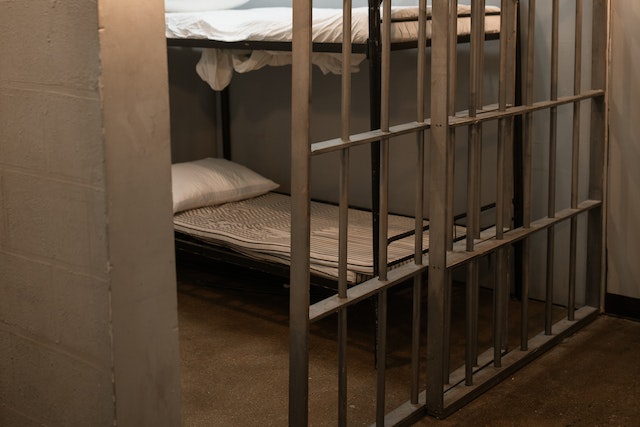
When convicted of a crime, understanding what will happen is essential to prepare yourself for the situation. In some circumstances, you may be eligible for and awarded parole, which allows you restricted freedom from incarceration. However, there are many stipulations you must adhere to, and if accused of a parole violation, you may end up in trouble. Keep reading to learn about the consequences you may face, what you can do in this situation, and how a Rockland County criminal defense attorney can help you.
Parole is an option offered to eligible convicted criminals that allows them to live out their sentence outside of prison. However, this does not mean they receive unconditional release – there are strict standards and stipulations a prison must follow, or they risk returning to prison.
Parole conditions vary depending on the criminal and the aggravating circumstances surrounding the crime. For example, someone convicted of drug trafficking may have to submit to weekly drug testing, while a sex offender may be electronically monitored to ensure they are not consuming sexually explicit material.
Some other parole conditions include, but are not limited to, the following:
If your parole officer informs you that you have violated the terms of your parole, you’ll likely be served something known as a “blue warrant” or receive a summons to appear in court. You will not automatically return to prison but receive due process to defend yourself.
Though it may seem like you’ll end up in prison regardless, doing what you can to protect yourself is essential. As soon as you receive a summons or warrant, you must call an attorney immediately. You will likely be asked if you want to waive your rights to a preliminary hearing, and as your attorney will likely inform you, you should not agree to this. This will rescind your right to defend yourself.
There are also possible defenses you and your attorney may be able to employ to help keep you out of prison. For example, it may just be a mistake, such as the counselor of your anger management sessions failing to update your attendance. It could also be that the terms of your parole are impossible to fulfill, or your parole officer may be unnecessarily nitpicky.
No matter the reason for the alleged parole violation, you’ll want to contact the office of Kevin T. Conway as soon as possible for assistance. Our dedicated legal team will examine all aspects of your circumstances to provide the best possible outcome. Contact us today for more information.
© 2025 The Law Office of Kevin T. Conway. All rights reserved.